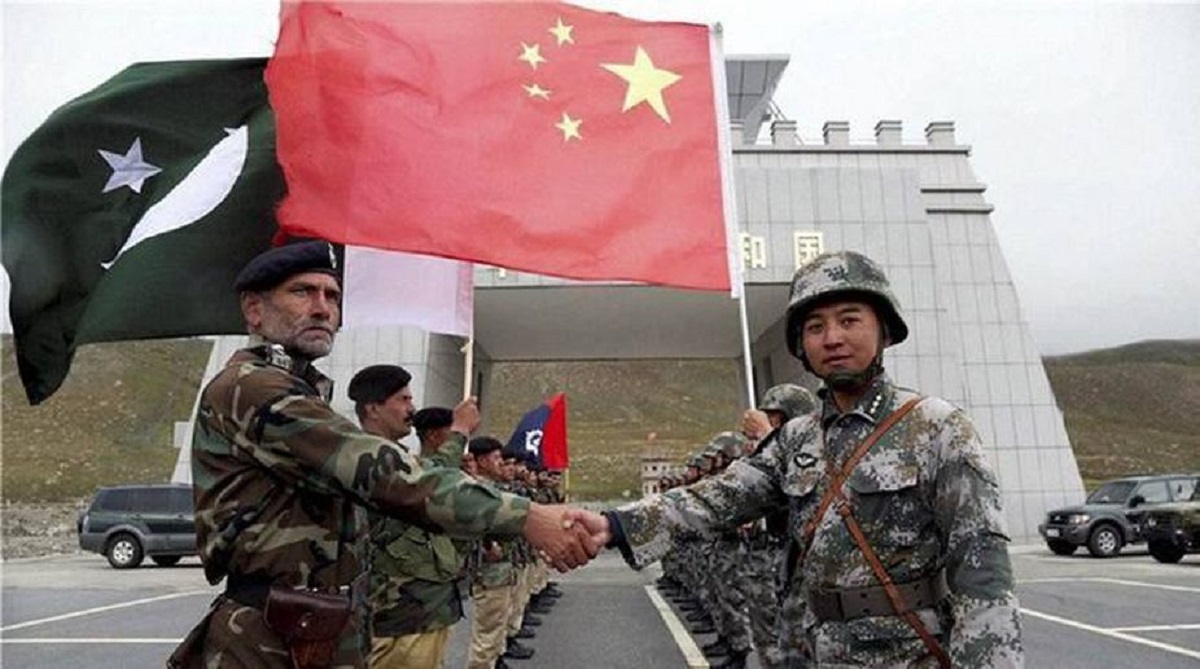India on Thursday reiterated its opposition to the China-Pakistan Economic Corridor (CPEC), saying connectivity initiatives should promote trade and not tension.
“Connectivity initiatives that straddle national boundaries must be pursued in a manner that respect sovereignty and territorial integrity of nations,” Foreign Secretary Vijay Gokhale said at a regional conference on connectivity in South Asia in the context of the Indo-Pacific region. The conference was attended, among others by US Ambassador to India Ken Juster and Japanese Envoy Kenji Hiramatsu.
India has opposed CPEC, the flagship project of China’s Belt and Road Initiative (BRI), on the ground that it traverses through Pakistan occupied Kashmir (PoK).
Gokhale also spoke about how the BRI could bring some of the least developed countries, especially in Africa, under a heavy Chinese debt burden. Connectivity efforts must be based on principles of economic viability and financial responsibility. They should promote economic activity and not place nations under irredeemable debt burden, he added.
The Indian diplomat said connectivity initiatives must follow universally recognised international norms, rule of law, openness, transparency, and equality. “Incorporation of ecological and environmental standards and skill and technology transfer make connectivity and infrastructure sustainable in the long term,” he added.
In this connection, he referred to India’s own connectivity initiatives in its immediate neighbourhood and beyond, mindful of different concerns. India had bypassed an ‘unwilling’ Pakistan by establishing in June 2017 an air freight corridor between India and Afghanistan, which was proposed to be expanded to more cities.
India was also seeking to develop the Chabahar Port as a gateway for onward connectivity to and from Afghanistan and Central Asia. To tap its full potential for the benefit of Afghanistan, India might also need to pursue the development of a rail line from Chabahar to Zahedan at some future stage.
Gokhale said there was also a potential for the development of the International North-South Transport Corridor which would considerably reduce time and cost of transport from India to Central Asia.
India’s efforts to build connectivity could only succeed in synergistic partnership with other countries sharing the same purpose and objectives. Coordination of connectivity efforts in third countries formed an essential part of India’s trilateral cooperation with the US and Japan. India and Japan were committed to working on the Asia-Africa Growth Corridor (AAGF).
India, Gokhale said, was also negotiating an agreement on maritime transport with ASEAN and exploring ways to link its connectivity initiatives with the ASEAN master plan on connectivity.












